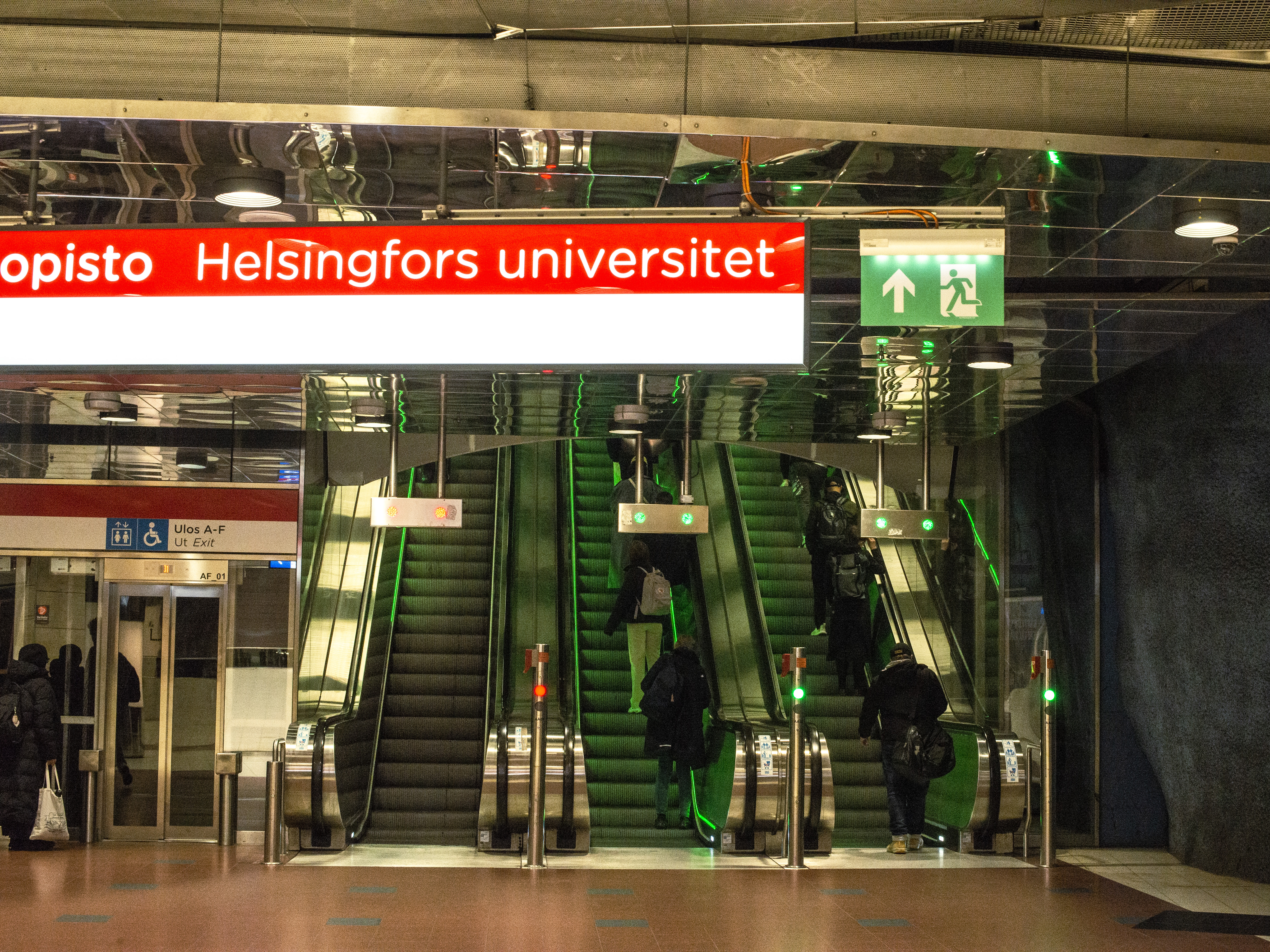How working while studying impacts higher education students
Date of project : 2022 - 2024
Many higher education students work to earn additional wages that often account for a significant share of their total income. In addition, the fixed-term and fairly affordable labour offered by students allows many employers to adapt to seasonal fluctuations in demand. However, the degree to which working while studying can positively or negatively impact students, and society at large, remains unclear.

Working can prolong a student’s studies and have a negative impact on their study attainments and grades. On the other hand, working while studying accumulates a student’s work experience, which may affect their employment opportunities after graduation. From an empirical perspective, conducting research on working while studying and its impacts is a difficult task, as a person’s decision to work is influenced by many undetectable factors that also have an impact on the progress of their studies and post-study employment. For this reason, conclusions about causal effects cannot be directly drawn from the empirical links between working while studying, study success and post-study employment.
This research project produces information on working while studying and its possible links to study success and post-study employment. In addition, the project examines the impact that working while studying has on the organisation of teaching in higher education institutions.
The project examines how students work before, during and after their studies. It also examines how working before and during one’s studies is connected to a student’s post-study employment and risk of unemployment. In connection with the project, representatives of higher education institutions will be interviewed to assess how their institutions have developed their educational organisation practices and which educational methods would allow working while studying to best support the studies and employment of their students. The project studies the link between work and study success by controlling for previous study success and taking advantage of the changes in work incentives created by the income limits set for student financial aid.
The project is funded by: The Government’s analysis, assessment and research activities
Partners: Labore, Finnish Institute for Educational Research (University of Jyväskylä)
Responsible researcher: Juha Tuomala, [email protected], 0295 519 452

